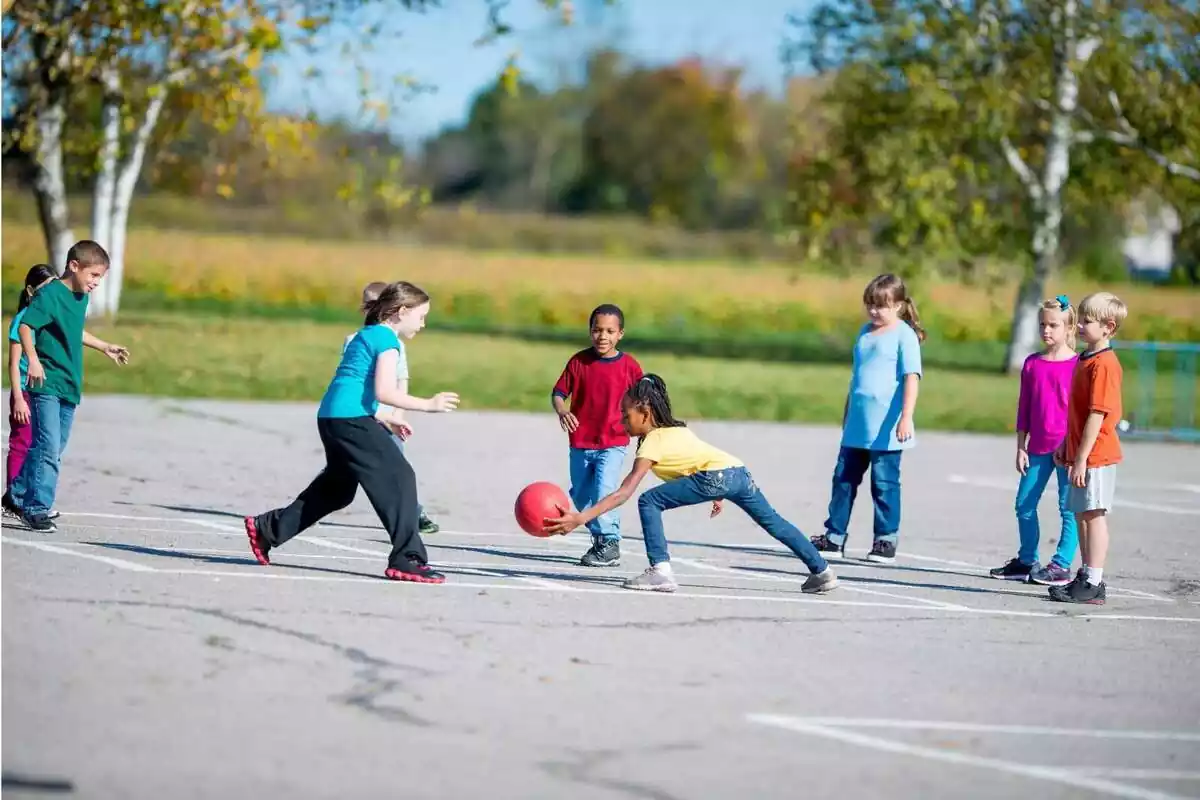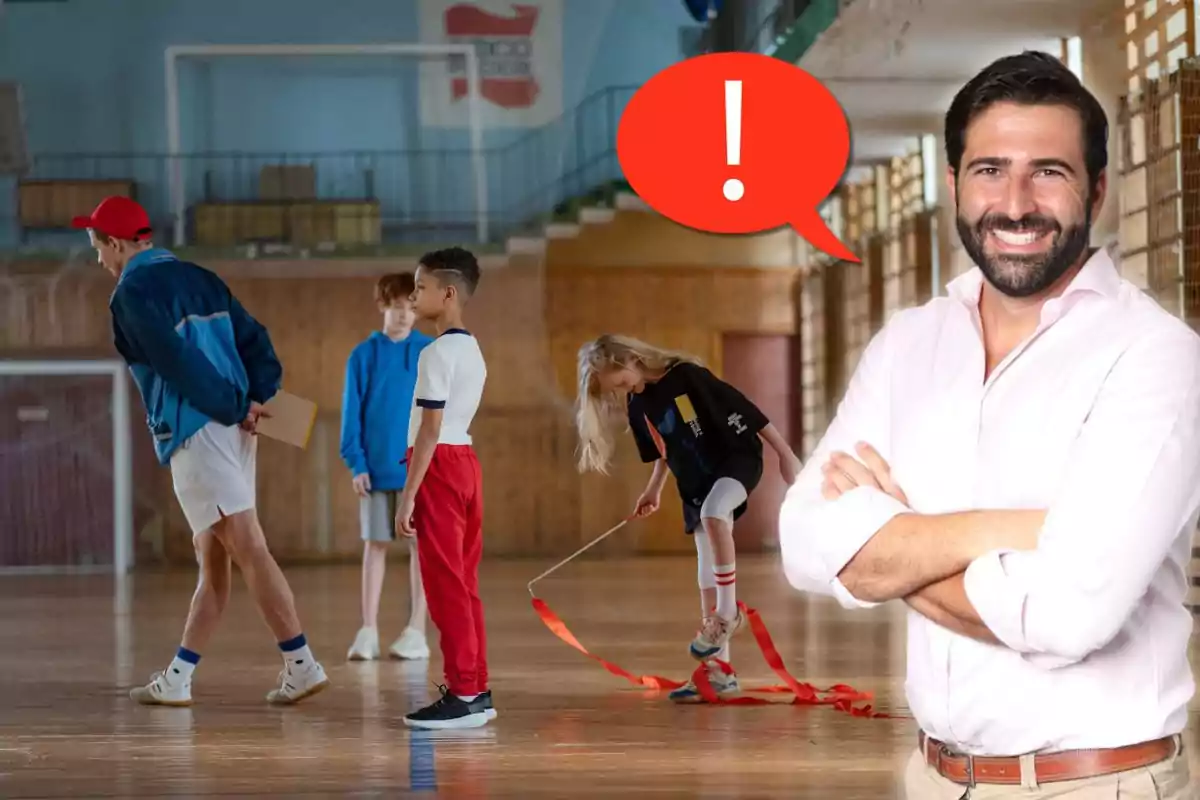Every September, the same debate arises in many households: what extracurricular activities should children do this school year? Choosing these activities has become a common decision, but families don't always consider what children really need. Child psychologist Javier de Haro has wanted to join this conversation with a deep and, above all, very specific reflection.
Through a video on his social media, the specialist has shared a guide that helps families choose better. He has explained that it's not just about finding the "perfect" activity, but about understanding what role extracurriculars should play in childhood. With a friendly tone, he has addressed the risks that can arise when this choice doesn't fit the child.

Avoiding overload: The importance of respecting the child's rest
In this context, De Haro has warned that "giving them more homework or classes can be too much, especially when they're young." He has reminded families that childhood can't become a succession of tasks without rest or free time. According to his experience, many parents have confused stimulation with overload, without realizing the emotional strain that can cause.
That's why he has insisted that extracurriculars shouldn't create more stress than they solve. If a family doesn't have room to add more routines or the child is already very tired at the end of the day, forcing an activity isn't a good idea. "Extracurricular activities, unless they ask for them because something excites them, shouldn't lead to overload," he has stated.

He has also highlighted the importance of children having free time. He has explained that playing without rules, getting bored, or being calm at home is just as valuable for their development. According to him, those unstructured experiences help create a healthier emotional balance.
Keys to choosing activities that support child development
De Haro has argued that children shouldn't be signed up for an activity just because "it's their turn" or because everyone else is doing it. He has emphasized that the decision should start from the child's interests or, if necessary, from a specific need. In that sense, he has advised families to observe, ask, and offer options that truly fit their personality.
He has also clarified that there's no set age to start, but he has recommended waiting until children are 6 or 7 years old. If before that age the child shows interest, families can try, but without demands. The essential thing, he has stressed, is not to impose a rigid routine on a child who is still developing their way of being in the world.
Another of his recommendations has been to change the environment when possible. Doing activities outside school allows the child to meet other groups, interact differently, and broaden their experiences. This, he has pointed out, also strengthens their social and emotional development.
How to encourage motivation without overloading the child's schedule
Regarding frequency, the psychologist has been clear: two or three afternoons a week is enough. He has emphasized that it's not about filling the schedule, but about offering experiences that add rather than subtract. If the child asks for more, families can consider it; if they ask for less, that should also be respected.
One of the key moments in the video was when he answered the typical question: "What if they don't want to go?" His answer was firm: children shouldn't be forced, but they should be included in the decision. Choosing together and then asking them to commit to what's agreed allows the child to feel involved and, therefore, more motivated.
Finally, he has avoided giving a single recommendation about which activity to choose. He has indicated that the important thing is for the activity to excite the child, make them feel good, and take place in an environment that cares for their well-being. "A place to grow, yes, but also a space to laugh, enjoy, and be themselves," he has summarized.

